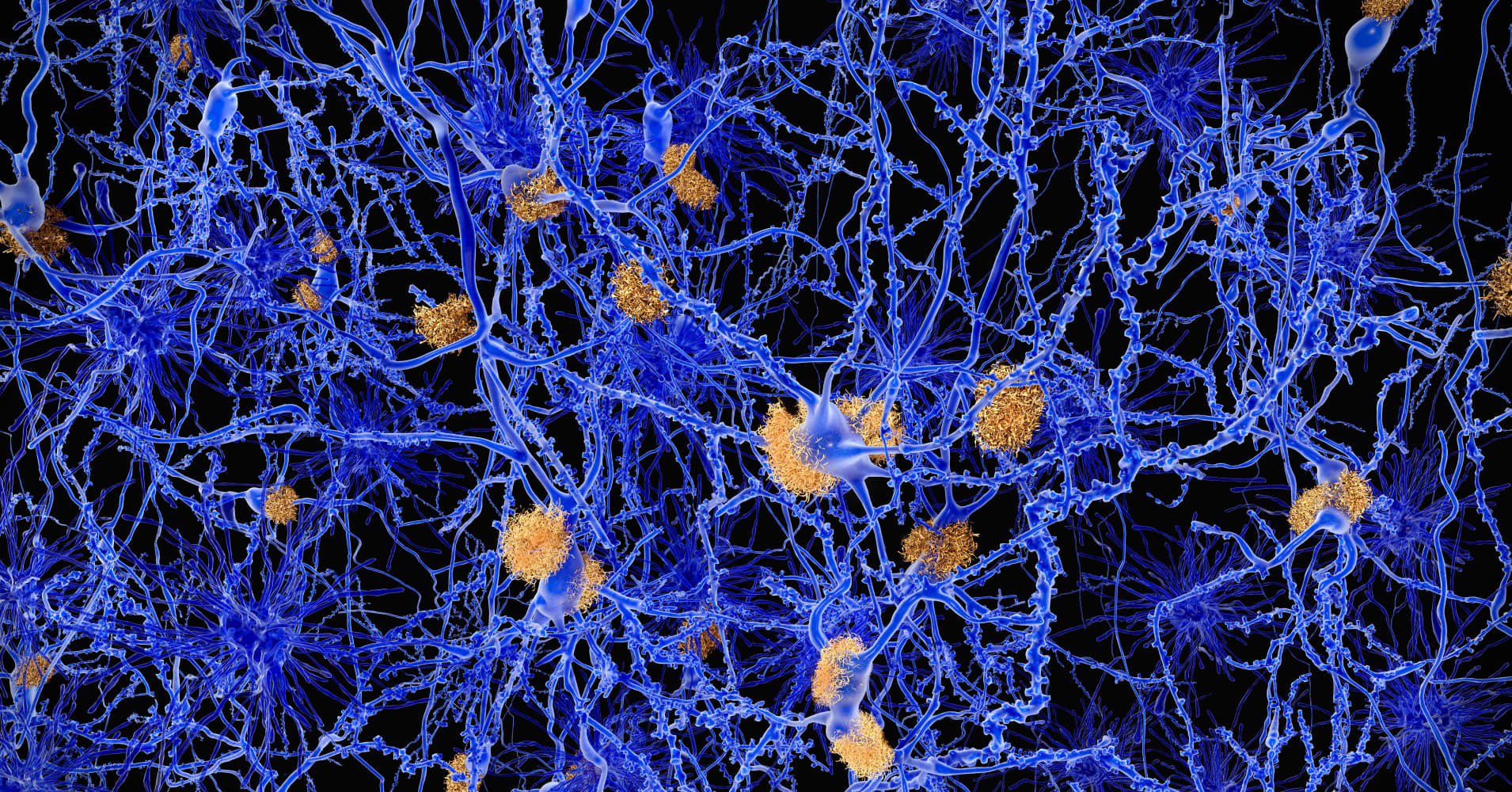
Eisai and Biogen were jointly developing three experimental drugs for Alzheimer’s: aducanumab, BAN2401 and elenbecestat, all designed to target the brain-destroying protein beta amyloid.
“As we have believed aducanumab was the best hope for treating Alzheimer’s, ending its trials is big negative surprise,” said analyst Motoya Kohtani at Nomura Securities.
BAN2401 has been met with skepticism since the partners reported promising but confusing 18-month results in July. Yet Eisai remains confident in its continued development.
“We still believe that amyloid beta hypothesis is potentially the right approach for the treatment of Alzheimer’s disease,” an Eisai spokesman told Reuters.
Eisai will conduct phase 3 trials of BAN2401 involving 1,566 patients with mild cognitive impairment or mild Alzheimer’s disease dementia with confirmed amyloid accumulation.
Alzheimer’s treatments are known as being particularly difficult to develop, as both diagnosis and the recruitment of appropriate trial participants are challenging.
From 1998 through 2017, only four treatments have been approved with another 146 attempts resulting in failure, according to the Adis R&D Insight database.
Alzheimer’s is the most common form of dementia. In Japan, the government estimates there will be 7 million dementia sufferers in 2025, from 4.6 million in 2012.
Be the first to comment